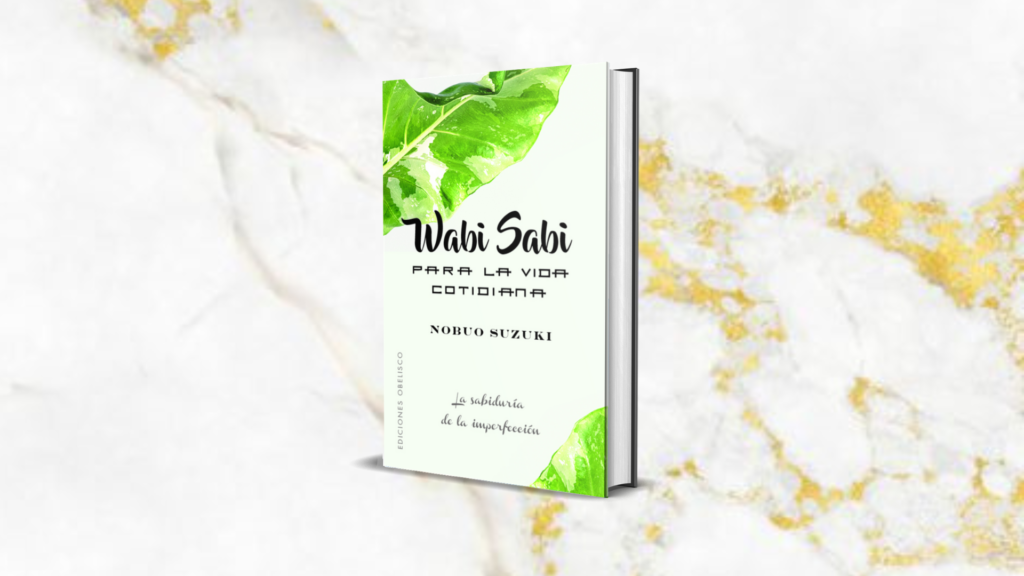I AM NOT PERFECT
Since I started working in the publishing world, almost 30 years ago, I have been in constant learning. My profession is one of those in which you will never know how to do it all because you can always learn new things, and new ways to do them better. That’s why it’s so interesting. However, at the same time, it’s a job that requires such a high level of demand, that it’s necessary to have a very special character in order to maintain the balance of life. It’s funny, because to be able to work in what one is most passionate about, I personally think we are very lucky, and you are even luckier if you work in something that is your own project. But the reality of it is that you carry such a big backpack on your shoulders, and knowing how to manage it all is one of the most complicated tasks I have to face in my everyday life. There are so many things that you have to learn and assimilate; like knowing how to stop when you are overflowing, analyzing each step coldly without taking things personally, and ending up accepting that you are not perfect, that you can make mistakes and that not everyone will like you. This inner endeavor, that is difficult but beautiful at the same time, is what almost all of us must learn in our fast-paced and stressful lives.
In this long road, of which I think I am already beyond half-way through, many of my authors have helped me put conscience to some of the things that today’s book recommendation explains. They have done so through their books and with our conversations, accompanied by a coffee, great moments that I used to see as routine and now seem extraordinary to me. So, reading Nobuo Suzuki’s new book, WABISABI FOR EVERYDAY LIFE, published by Obelisco, has been a mirror to see myself, since the philosophy of Wabisabi brings together three characteristics of nature:
Nothing is perfect. This is becoming increasingly clear to me, and I add: nothing and no one.
Nothing is finished (we are always growing). I said it at the beginning of this blog, life is always growing and learning.
Nothing lasts forever (The ephemeral nature of things and people is what gives them value). This one is the hardest for me to assimilate, but it is true, and although there are things that you would want to be eternal, they are not.
This book shows this philosophy and can revolutionize our life in all areas, making us more sensitive to beauty and helping us to be more creative. In short, more human and happier, which is, for me, the main objective of why we are here. The beauty of imperfection, which is what Wabi Sabi means in Japanese, is an authentic, personal and nature-connected way to take care of ourselves, regain the inner harmony and grow. In these turbulent times we are living, any book like this is a breath of fresh air, and for me it has been a lesson to be able to stand up with this heavy backpack I carry on my shoulders, and what is better, I have learned to fall and to know how to stand up, with the cracks that this entails. But a cracked cup is still beautiful. We must go on.



